Ethical Reasoning in Forensic Science (Original Publisher)
$31.00
Ethical Reasoning in Forensic Science (2024) is a vital resource for forensic professionals navigating the complex ethical dilemmas of modern scientific investigation. Published by Springer, this groundbreaking title provides real-world insights and ethical frameworks essential for upholding integrity, impartiality, and justice in forensic practice—making it a must-read for scientists, legal professionals, and students.
Description
In an era where forensic evidence heavily influences legal outcomes, ethical responsibility has never been more critical. Ethical Reasoning in Forensic Science explores the moral principles and decision-making processes that guide professionals working at the intersection of science and law. This first-of-its-kind book examines the ethical challenges faced by forensic scientists, crime lab personnel, and expert witnesses, offering readers tools to recognize, analyze, and resolve ethical conflicts in practice.
Tailored for forensic practitioners, legal experts, educators, and students in forensic science, criminal justice, and bioethics, the book provides a balanced blend of theory, case analysis, and applied strategies that emphasize ethical conduct across every stage of forensic investigation.
Key Features and Highlights
- Focused on Real-World Dilemmas: Addresses issues such as bias, conflicting interests, data manipulation, and the misuse of forensic testimony.
- Integrative Ethical Frameworks: Draws from bioethics, legal philosophy, and professional codes of conduct to build robust ethical reasoning.
- Case Studies and Discussion Prompts: Encourages critical thinking through real and hypothetical ethical scenarios.
- Interdisciplinary Relevance: Bridges forensic science with law, philosophy, criminal justice, and public policy.
- Academic and Professional Utility: Ideal for both classroom settings and on-the-job reference in forensic laboratories and courtrooms.
Topics Covered
- Includes core chapters on: ethical theories in forensic science, professional responsibilities and scientific integrity, bias and impartiality, conflicts of interest, whistleblowing, and ethics in expert testimony and courtroom conduct.
About the Author
Authored by a respected academic and forensic ethics consultant, the author has published widely on the intersection of science, morality, and law. With experience advising institutions and lecturing globally, they bring both scholarly rigor and practical insight to this essential field.
Technical Details
- Format: PDF
- File Size: Approximately 8–20 MB
- Language: English
- Device Compatibility: Optimized for Kindle, iOS, Android, PC, Mac, and all major e-readers and learning management systems.
Frequently Asked Questions (FAQs)
Q1: Is this book suitable for undergraduate students in forensic science or criminal justice?
A: Absolutely. The book is written in a clear, engaging style and includes discussion prompts, making it ideal for students and educators alike.
Q2: Does the book provide practical tools for handling ethical dilemmas in real forensic environments?
A: Yes. Alongside theoretical discussion, the book includes decision-making frameworks, case studies, and real-world examples to support ethical reasoning in daily practice.
Additional information
| Publisher |
Springer |
|---|---|
| Published Year |
2024 |
| Language |
English |
| ISBN |
978-3031583919, 9783031583926 |
| File Size |
1.8 MB |
| Edition |
1 |
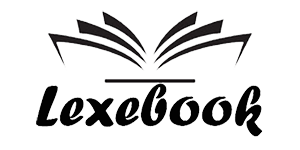
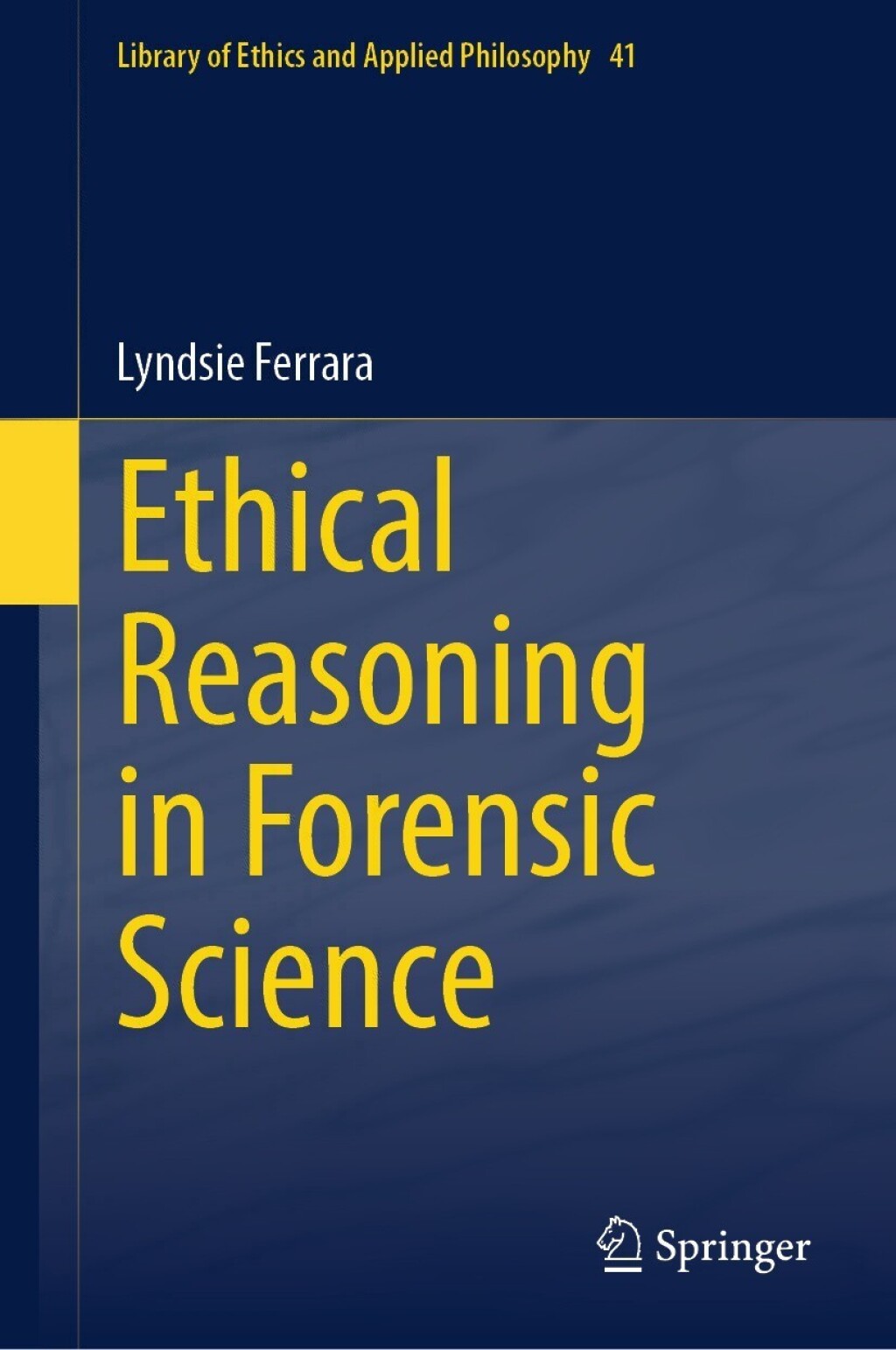
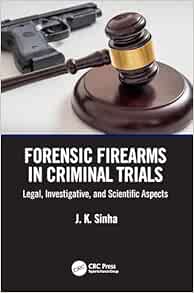

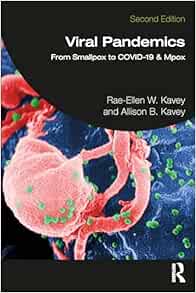
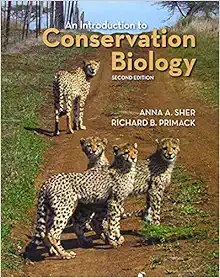
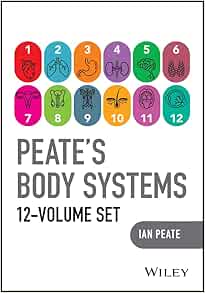


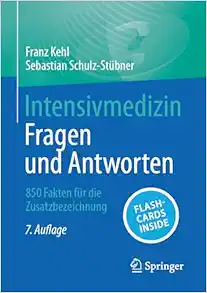
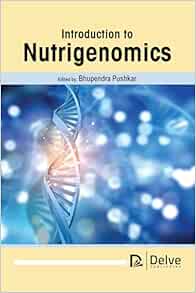
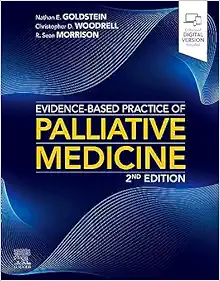
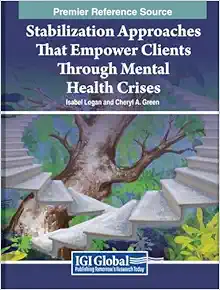
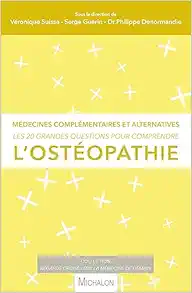
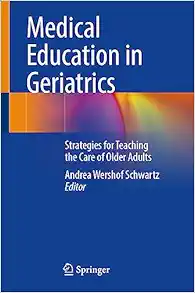
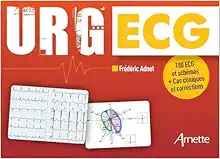
Reviews
There are no reviews yet.